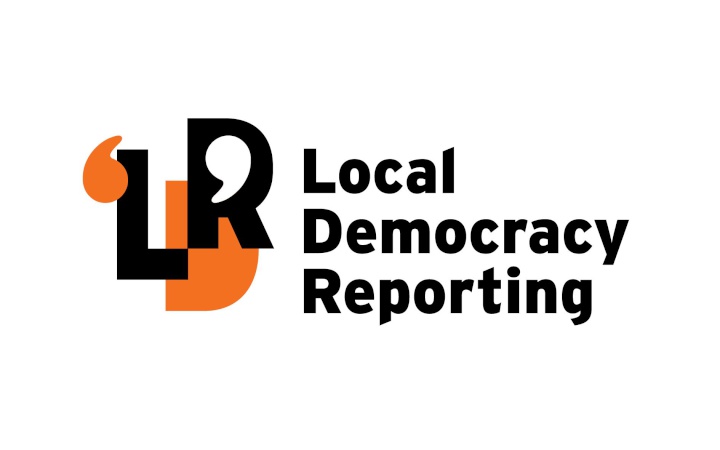Invercargill Mayor Nobby Clark believes his council should not redact feedback from the public, even if it is difficult to hear.
His comment comes at a time when councils are dealing with an increase of inappropriate language in public submissions.
In Invercargill, it's a problem which has led to staff blacking-out some parts of feedback.
The council raised the issue in a report last week as it works to introduce an official policy for dealing with community input.
Clark told Local Democracy Reporting he noticed inappropriate language on annual plan feedback, but was mindful the forms were given out and taken away for people to submit on.
“You can’t then redact what you don’t like to hear.”
There were parts of society that had strong views which might be filtered, but ignoring them was perilous, he said.
“I personally wouldn’t redact it. The rationale is that it’s important the public know the sort of feedback we get.”
Council policy and engagement manager Rhiannon Suter said submissions could be redacted if they contained offensive language, threats, were potentially defamatory, or could lead to abuse of the hearing process.
A recommendation would now be made to council to adopt a submissions policy, which would clarify expectations around appropriate language, Suter said.
“It is hoped that this will see a reduction in the number of submissions needing redaction."
A report prepared for a committee meeting showed the council relied on an “internal approach” for handling feedback instead of an actual policy.
In relation to inappropriate language, it gave the example of last year's consultation for Te Unua Museum of Southland where 14 of 286 responses — or almost 5 percent — had to be redacted due to content.
A number of other councils were also addressing the issue which was on the rise across the country, the report said.
It also discussed social media comments, which didn’t meet the criteria for being a formal submission but were summarised by staff for inclusion in documents.
That approach would continue under the new framework, but with an allowance for receiving submissions via social media if requested by the author.
The council was not aware of any other councils taking that approach.
A final decision on whether language should be redacted would remain with the council’s manager of governance and legal, Suter said.
LDR is local body journalism co-funded by RNZ and NZ On Air



 Gordon Campbell: On Budget 2025
Gordon Campbell: On Budget 2025 NZ Police: Police Statement On Retail Crime
NZ Police: Police Statement On Retail Crime Greyhound Racing New Zealand: Greyhound's Starts Judicial Review Proceedings
Greyhound Racing New Zealand: Greyhound's Starts Judicial Review Proceedings Te Pāti Māori: Parliament Website Can’t Handle Opposition To Regulatory Standards Bill
Te Pāti Māori: Parliament Website Can’t Handle Opposition To Regulatory Standards Bill Colin Peacock, RNZ: Mediawatch - How A Budget Is Covered
Colin Peacock, RNZ: Mediawatch - How A Budget Is Covered SKYCITY Auckland: Firefighter Sky Tower Challenge Raises Over $1.9 Million
SKYCITY Auckland: Firefighter Sky Tower Challenge Raises Over $1.9 Million Greenpeace: Regulatory Standards Bill Inflicts ACT's Far-Right Principles On Aotearoa
Greenpeace: Regulatory Standards Bill Inflicts ACT's Far-Right Principles On Aotearoa


